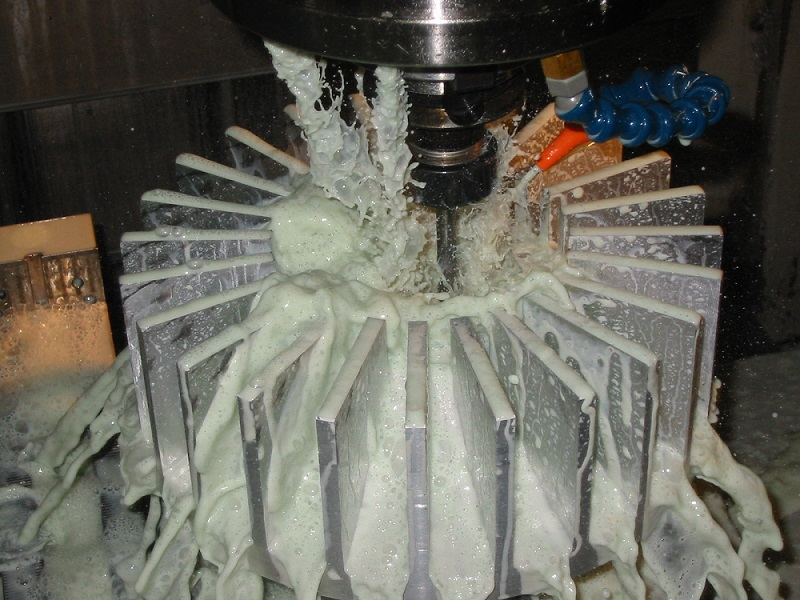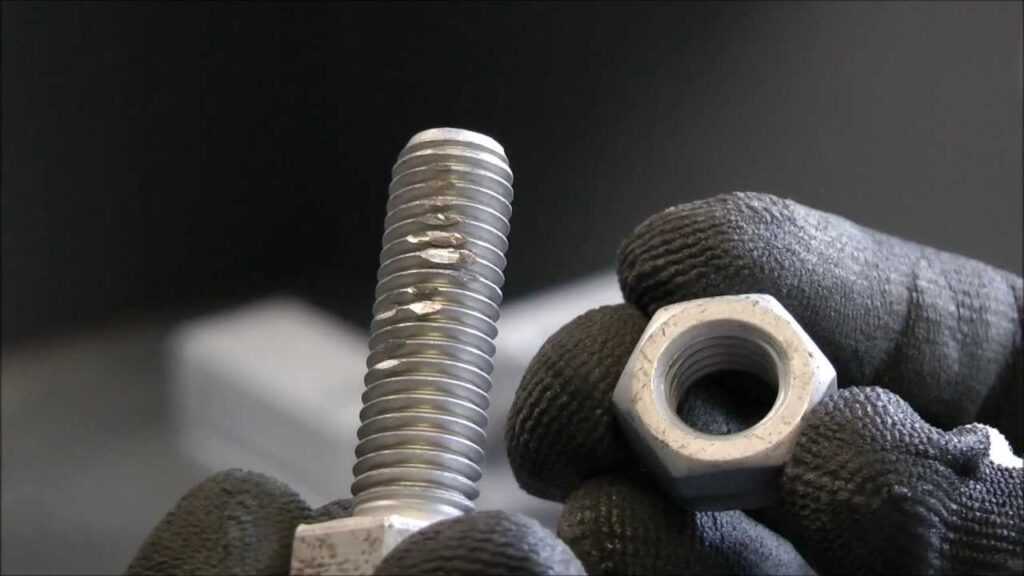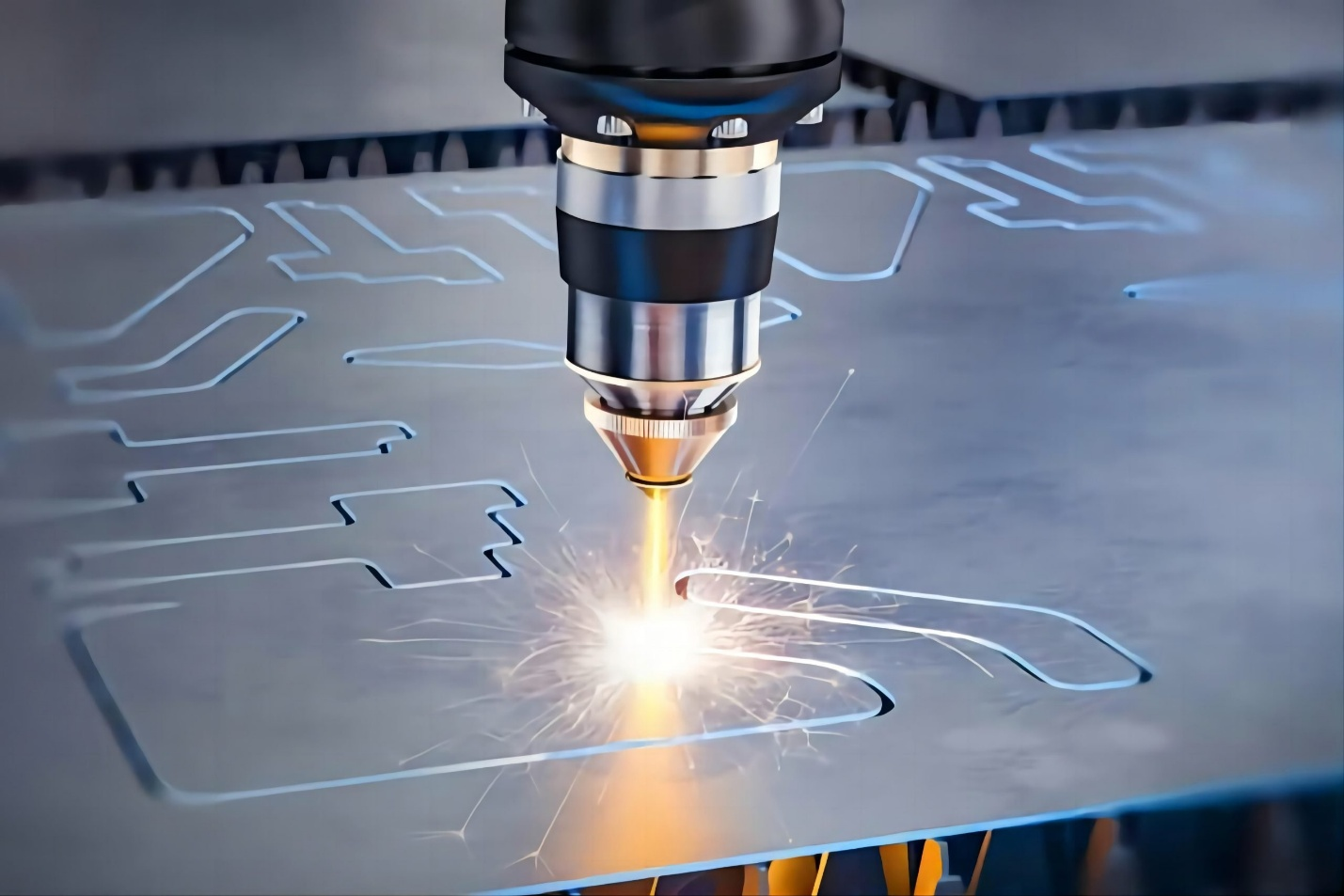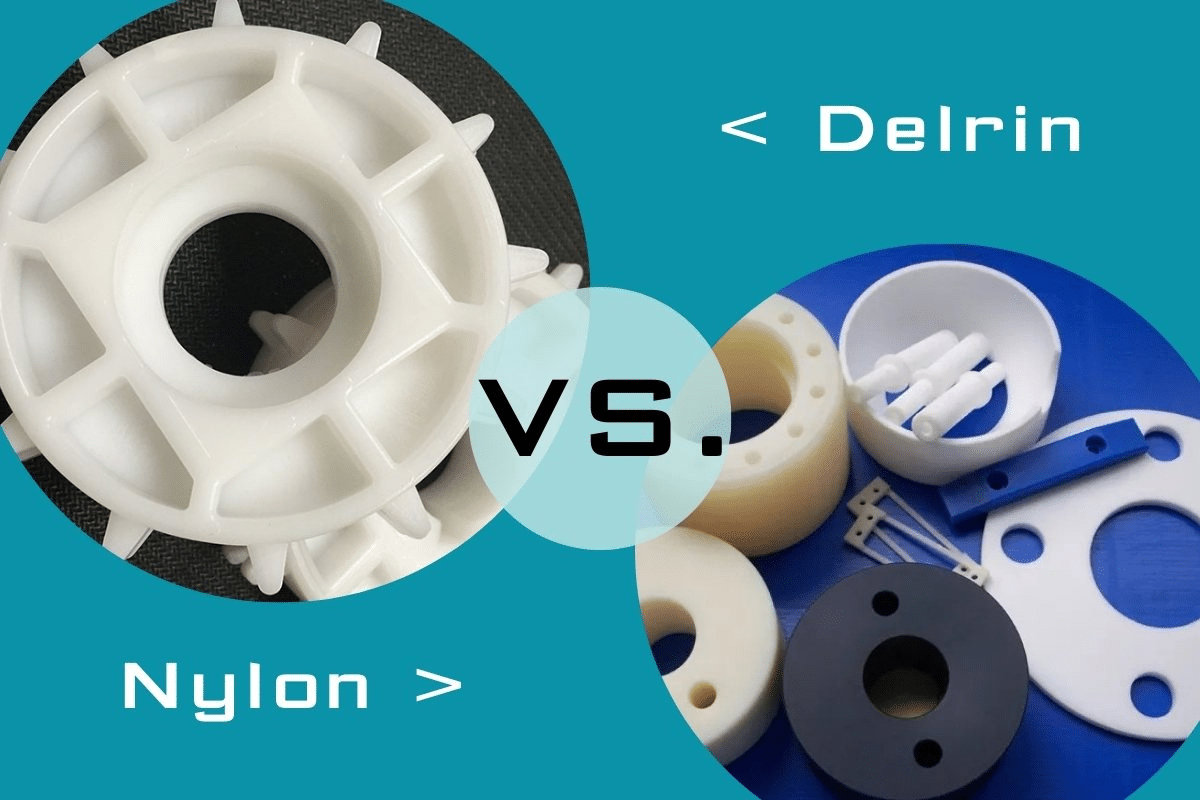Optimize your approach to selecting the ideal machine shop for your company's needs to cut down on decision-making time and avoid costly, time-consuming errors in the future. Finding answers to particular concerns about the shop's operations, efficiency, long-term value, and reputation should be part of your strategy. Finding the ideal shop for your needs will be quick and straightforward once you've answered these questions.
Professional engineering and industrial industries rely on CNC machine tools as workhorses. Starting from, Mould and die, as well as creating a sophisticated medical, vehicle, and airplane equipment, are just a few of the applications for these vital devices.
They can considerably increase the productivity of your machining processes and, as a result, the quality of your components if they are equipped with varying degrees of software and automation.
The issue, on the other hand, is deciding which CNC machine tool is best for your business. How do you reduce down to the most important criteria when there are so many to consider?
What To Look For Before Buying a Machine Shop
Focus on overall perspective rather than one or two corporate characteristics when choosing a machine shop. You can't judge a shop's full body of work solely based on its pricing. Instead, look at operations from a variety of perspectives to assess how much value you obtain for your money. This will lead you to a fantastic machine shop that will satisfy your requests with high-quality work that is delivered on time.
Confirm that they have the competencies you want.

Before placing an order for machining work for your company, make sure the shop has the competencies you require. Inquire about the available types of equipment. Is the company equipped with the necessary expertise and equipment to mill, turn, drill, and lathe? What about four- or five-axis machining for more complex projects? Is there anything the company can't do when it comes to machining?
CNC machines come in a variety of styles and functionalities. Spinning machines work like lathes, turning the component automatically while a cutting tool generates the desired shape. A facility with a wider range of turning machines can accommodate parts with diameters ranging from 1/2 inch to 18 inches.
Milling machines form items by moving tools along many axes, ranging from two (vertical and horizontal) to five (vertical and horizontal). Greater axes mean more precision work and less time spent waiting for pieces to transfer.
Manual machining services may be required if your project is too large for a machine table. These should be available from machine shops as well, especially if you have a modest order of only a few components or need to order a huge component. In addition to providing greater freedom for the fabrication of a wider variety of parts, manual milling allows a shop to offer repairs and bespoke projects.
Is On-Time Delivery Guaranteed?
Your duration is important to the success of your company. Every stage of your supply chain must be meticulously managed. Any delays in the transfer procedure, at any point, can cause your delivery to your clients to be delayed. Check the delivery policy before hiring a machine shop to avoid any problems.

Is there a delivery assurance from the company? Is it possible to trace your order? What does the shop undertake to ensure that deliveries are made on time? Is there software in place to keep track of complicated orders or several clients? Companies that track work solely through paper statements risk falling behind or losing an order.
For illustration, any firm that keeps track of raw material receipts and project scheduling can create more accurate predictions for completing its customers' orders. JobBOSS is a well-known piece of job-tracking software in the industry. This program provides shops with information on their resources and projects, allowing them to schedule work and ensure on-time deliveries to customers.
Don't only go for the lowest rate; look for long-term potential as well
Once you place machining orders, you are investing time and money in your firm. Choosing a business only based on price may result in you wasting time, money, and effort in locating another facility to correct the initial job's low quality. Low pricing is not always indicative of high-quality work.

Whenever it comes to computerized numerical control (CNC) machining, the right equipment is expensive to purchase, but it yields better results in less time. The cost of employing high-caliber CNC machines is passed on to the customer, who receives high-quality outputs that are delivered on time and accurately the first time. You may spend more at a quality shop than at a cheaper facility because you are paying for the shop to use the best machinery to complete your job.
When evaluating a machine shop, the value you receive from it must outweigh the price. When accuracy is critical to your business's operations, you can't afford to waste money on mistakes committed by less expensive shops. Quality shops will not only have the tools to provide you with the precisely machined results you require, but they will also take the time to create a long-term relationship with you to guarantee that they meet and surpass your expectations.
Inferior pricing is frequently associated with low quality. Commit sure you don't make this error. When comparing shops, go beyond the price. Consider your long-term value return, which is rarely indicated by cost. Orders that are well-made and delivered on time are a better investment than orders that are provided inexpensively.
Is their technology constantly updated?

You wouldn't put your facility's projects in the hands of off-brands or obsolete technology. For your work, you only utilize the best brands and the most up-to-date machinery. Your precise CNC machine shop should provide the same level of service.
Investigate the facility's equipment and the companies that make the parts. Look for well-known names in the industry, such as Toyoda, Hitachi Seiki, Mori Seiki, Okuma, Haas, and Fadal, when purchasing CNC equipment. These well-known brands have a track record of manufacturing high-quality machining parts. However, a company's name alone will not tell you whether or not its equipment is enough for your job.
Do not even forget to ask about the age of the machine shop's equipment. They should have reliable, long-lasting equipment, but because CNC machining technology evolves, the computer system, software, and tools they employ should be current. Older machinery is more likely to break down, causing delays in the process. Newer machines are more efficient and do not suffer from the same excessive wear as their earlier counterparts.
Who Are The Company's Current Purchasers? What Do They Have To Say?
A manufacturing plant's current and recent clients can give you an indication of the services it provides. Large corporations and well-known brands are among the clients of a good CNC company. Big enterprises did not get to where they are by settling for second best in their supply chains. You'll want to follow in the footsteps of those great brands if you wish to achieve comparable achievements for your firm.

Find out who a CNC machine shop has previously worked for. Former customers should be listed on the company's website, especially if it has done business with many well-known firms. A reputable company's choice of machining facilities reflects the quality and reputation of those CNC shops. Choosing such a shop will put your company in the company of other high-quality businesses.
Do not forget to check out the shop's reviews and testimonials. What were the experiences of previous customers? Do the company's past customers continue to do business with it? Examine these CNC shop reviews carefully to get a sense of what to expect if you choose to work with that company.
Is It Genuine That They Are ISO certified? Do They Have A High Standard Of Quality Control?
You may already be familiar with ISO 9001 certification and what it entails for a company and its clients, depending on your profession. This certification is entirely optional, yet it has a significant impact on how a company runs and manages projects.
The ISO 9000 series of standards are developed by the International Organization of Standards. The ISO 9001 standard is the only one in this group for which a company can obtain certification. You'll want to work with a manufacturer who adheres to these criteria. ISO certification demonstrates a company's capacity to prioritize customer service, provide high-quality products or services, and maintain open lines of communication both within and outside the organization.
How long has a company that has received ISO certification maintained that quality of operation? Did the business upgrade from a previous version? For instance, a corporation may have received certification in 1998 but never recertified when the criteria were changed in 2008 or 2015. How many other parts of a company's operations will suffer if it can't keep its ISO certification up to date? A good organization would keep its ISO 9001 certification up to date regularly. It should currently have ISO-9001:2015 on its certificate, demonstrating that it meets the 2015 criteria.
In addition to ISO certification, the business should have a system in place to monitor its products. What does the firm do in terms of quality assurance? Is there any promise or guarantee of job excellence?
When it comes to machined parts, the organization should have a system in place to ensure that the work is done correctly. The quality of the machined parts is verified by properly calibrated inspection equipment that generates a digital report of the findings. Ask if the machine shop you'd like to work with has equipment for inspecting its goods, and if the answer is no, look for another one.
Check Their Company's Attributes
Examine the company's financial information, and do some market research to see how long it has been in operation. Longevity is a hallmark of high-quality service and precision-machined components.
What is the size of the facility? More CNC machines can be housed in larger structures. A company with a large facility will have the room and equipment to fabricate the parts you need if you have high-volume orders or require huge parts. The faster a factory can turn around high-volume orders, the more gadgets it has.
A spacious work area also indicates that the company is profitable enough to invest in future activities. You'll want to work with a machine shop that is optimistic about its future and wants to establish a large workshop because the company will most likely be around if you require more projects in the future.
The investment should also entail selecting the most up-to-date CNC software for the company's operations. Older software may suggest that a corporation is out of current or that it does not need to use its CNC equipment very often. To keep up with the developments in the area necessary to make finely milled items, especially with precision CNC machining, a company must have modern computers and software.
Are They Attracting And Retaining Employees?
A CNC shop that is actively employing shows a flourishing business, similar to investing in a huge facility. Companies that require additional workers have enough inbound work to justify hiring new personnel. Seasonal laborers, however, are not included. Count the number of permanent staff the company wishes to hire for long-term expansion.
A developing machine shop needs more employees, particularly skilled CNC professionals. If a business is in this situation, it is likely to have a steady stream of new customers and enough repeat business from existing customers to expand its personnel.
Machinist jobs, unlike other manufacturing vocations, necessitate substantial training. Even new personnel will be able to carry out complicated orders. Within the company, quality control will ensure that all employees, both new and old, continue to produce products that are machined to the exact requirements.
Is It Possible To Get Painting Or Other Finishing Services From Them?
When you hire machining services, you expect the job to produce a part that meets your requirements. You'll have to add another stage to your supply chain unless the shop also offers finishing services. Finding a different firm to paint the pieces could cost you money in delivery fees. Additional expenses and the extra time required to complete your order can be increased by using a different finishing business.
Although not all machine shops provide all-in-one services, you should look for one that does. By partnering with an all-in-one store, you may reduce the time it takes for your order to arrive and save money. You can send the completed and finished parts to the next step of the supply chain once you obtain your final order from such a business.
In your machining jobs, a full job saves you time and money. Inquire about painting and other services when placing your CNC machining order so that you can obtain finished components that are ready to use right away.
What is the price of a CNC in our factory?
The price of a CNC is directly proportional to its configuration. Although the CNC controllers may appear to be almost the same, the execution of the function is the same, and the price difference is significant depending on the configuration and profit of the CNC controller we are familiar with.
- The cost of a small CNC mill ranges from $10,000 to $30,000.
- The price of a standard CNC machine ranges from $45K to $70K.
- The cost of a large CNC ranges from $90-120,000.
- The price range for a 5-axis CNC is $150K-300k
This is only a rough approximation. The cost of various sizes of CNC machines varies depending on the brand. We should think about our actual production needs more while purchasing a CNC machine.
What Are The CNC Machine's Extra Expenses and Fees?
To develop the designs, you'll need to purchase a computer-aided design (CAD) software package in addition to the machine. These normally cost between $2,000 and $15,000. The cost of training varies from $200 to $500 a day.
The process could take a few hours or many days, depending on your staff's level of knowledge. The cost of the installation is usually between $200 and $500 per day. Shipping costs start at a few hundred dollars and can reach $2,000 or more. Some sellers bundle the cost of the machine, training, delivery, and installation into a single package. So, when you make a purchase, make sure to ask if a package like that is available.
What Are The Various Categories Of CNC Machines In Our Machine shop?
The following are the several types of CNC milling machines:
CNC milling machine for the desktop
CNC milling machines for small jobs
CNC milling machine with 3 axes
CNC milling machine with 4 axes
CNC milling machine with 5 axes
CNC milling machine with a horizontal axis
CNC milling machine with two columns
Various Types Of CNC Machine
CNC Milling Machines
CNC mills can run programs that consist of number and letter prompts that guide components across different lengths. A mill machine's programming could be based on G-code or a proprietary language established by a manufacturing team. A three-axis system (X, Y, and Z) is standard on mills, while most contemporary mills can support three extra axes.
Lathes Machine
On lathe machines, pieces are chopped in a circular direction with indexable tools. CNC technology allows for precision and speed in lathe cutting. CNC lathes are used to produce intricate designs that would be impossible to achieve with a manual machine. In general, CNC-controlled mills and lathes have similar control functions. G-code or proprietary code can be used to control lathes, just as CNC mills. On the other hand, most CNC lathes only have two axes: X and Z.
Plasma Cutting Machines
A plasma torch slices the material in a plasma cutter. The method is most commonly used on metals, but it can also be used on other surfaces. Plasma is created using a mix of compressed air gas and electrical arcs to achieve the speed and heat required to cut metal.
Machines that use an electric discharge
Electric-discharge machining (EDM), also known as die sinking or spark machining, is a process that uses electrical sparks to mold workpieces into certain forms. Current discharges between two electrodes occur in EDM, and this eliminates parts of a workpiece.
As the space between the electrodes diminishes, the electric field becomes more powerful and, as a result, stronger than the dielectric. As a result, a current can now flow between the two electrodes. As a result, each electrode removes a small amount of material from the workpiece. The subtypes of EDM are listed below.
- Wire EDM: It removes parts of an electronically conductive substance-using spark erosion.
- Sinker EDM: For piece generation, sinker EDM uses an electrode and a workpiece drenched in dielectric fluid.
A liquid dielectric, which develops once the current between the two electrodes has ceased and is supposed to eliminate any future electric charges, carries waste from each finished workpiece away in a process known as flushing.
Water Jet Cutting Machine
Water jets are CNC machining tools that cut hard materials like stone and metal with high-pressure water jets. In other cases, the water is abrasively treated with sand or another abrasive substance. Factory machine parts are routinely shaped using this way.
Water jets are utilized to cool materials that are unable to resist the high temperatures generated by traditional CNC machines. Water jets are used in several industries, including aerospace and mining, because of their cooler nature.
Water jet cutters are also used in applications that need very intricate material cuts, as the lack of heat prevents any changes in the material's fundamental qualities that may occur when the metal on metal cutting is used.
Conclusion
Thanks to Computer Numerical Control, manufacturing is now more efficient, and commodities are more standardized (CNC). However, in order for the processes to function smoothly and the equipment to survive a long time, you must select a well reputable brand like our company. For more information, contact our team today.






